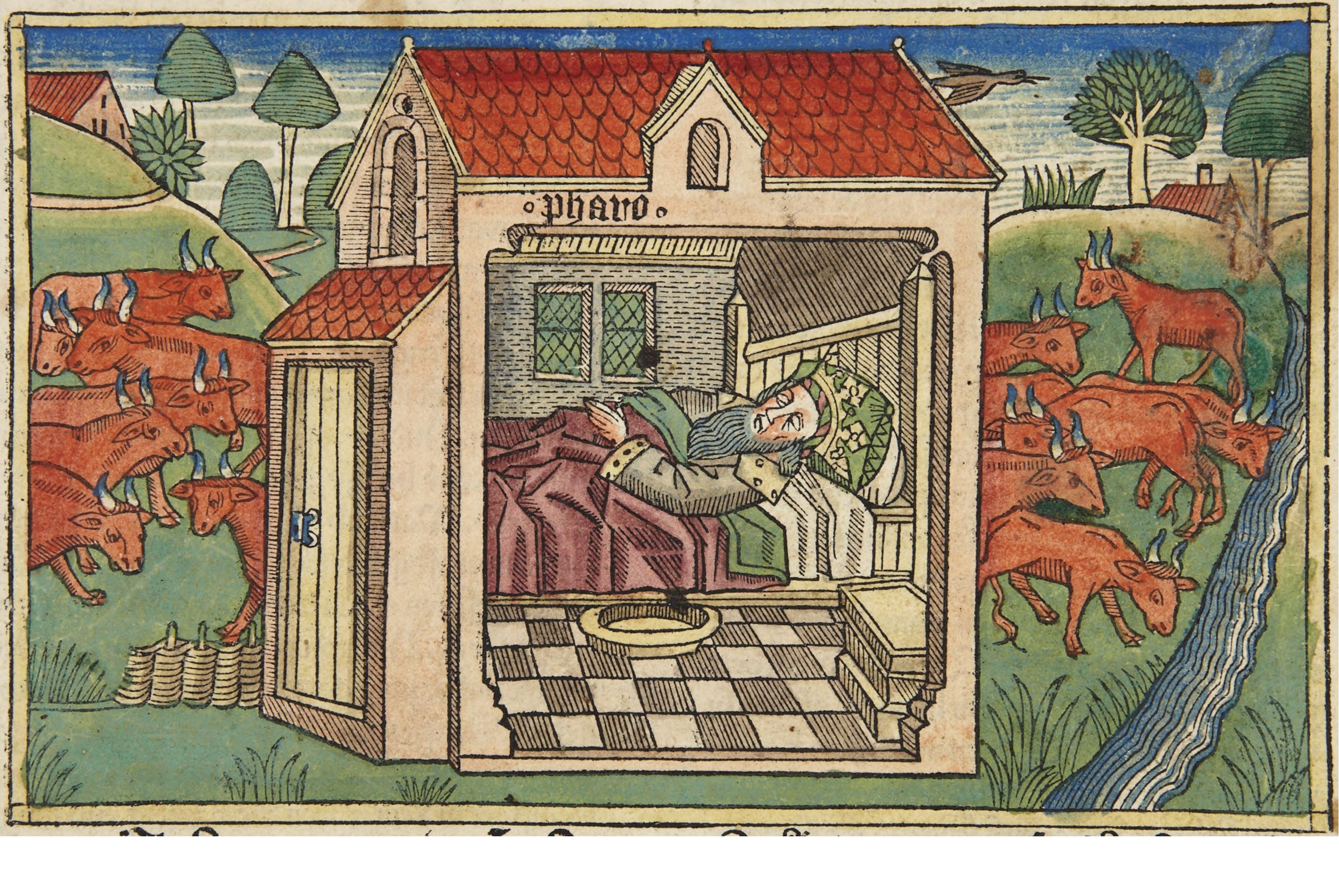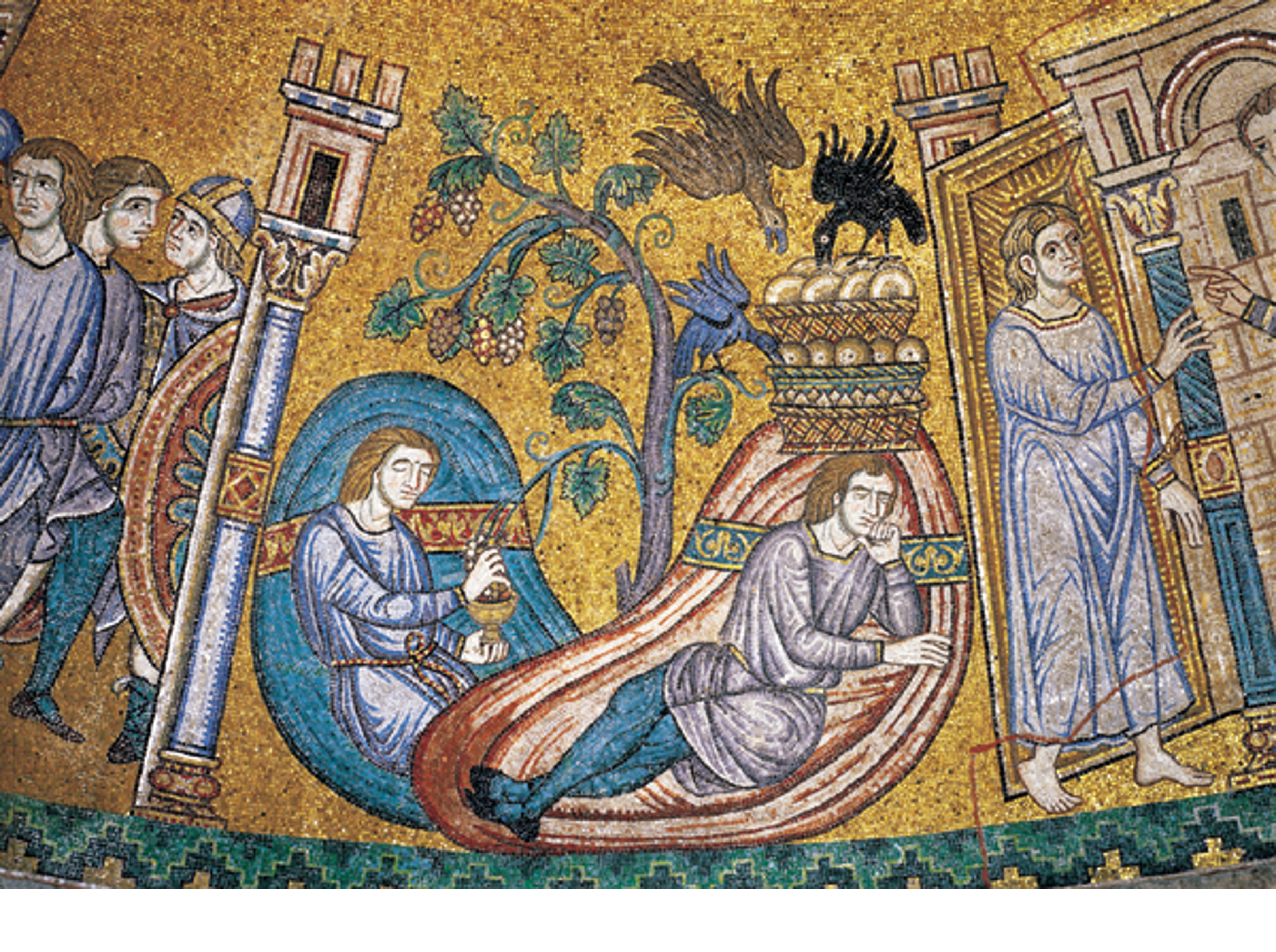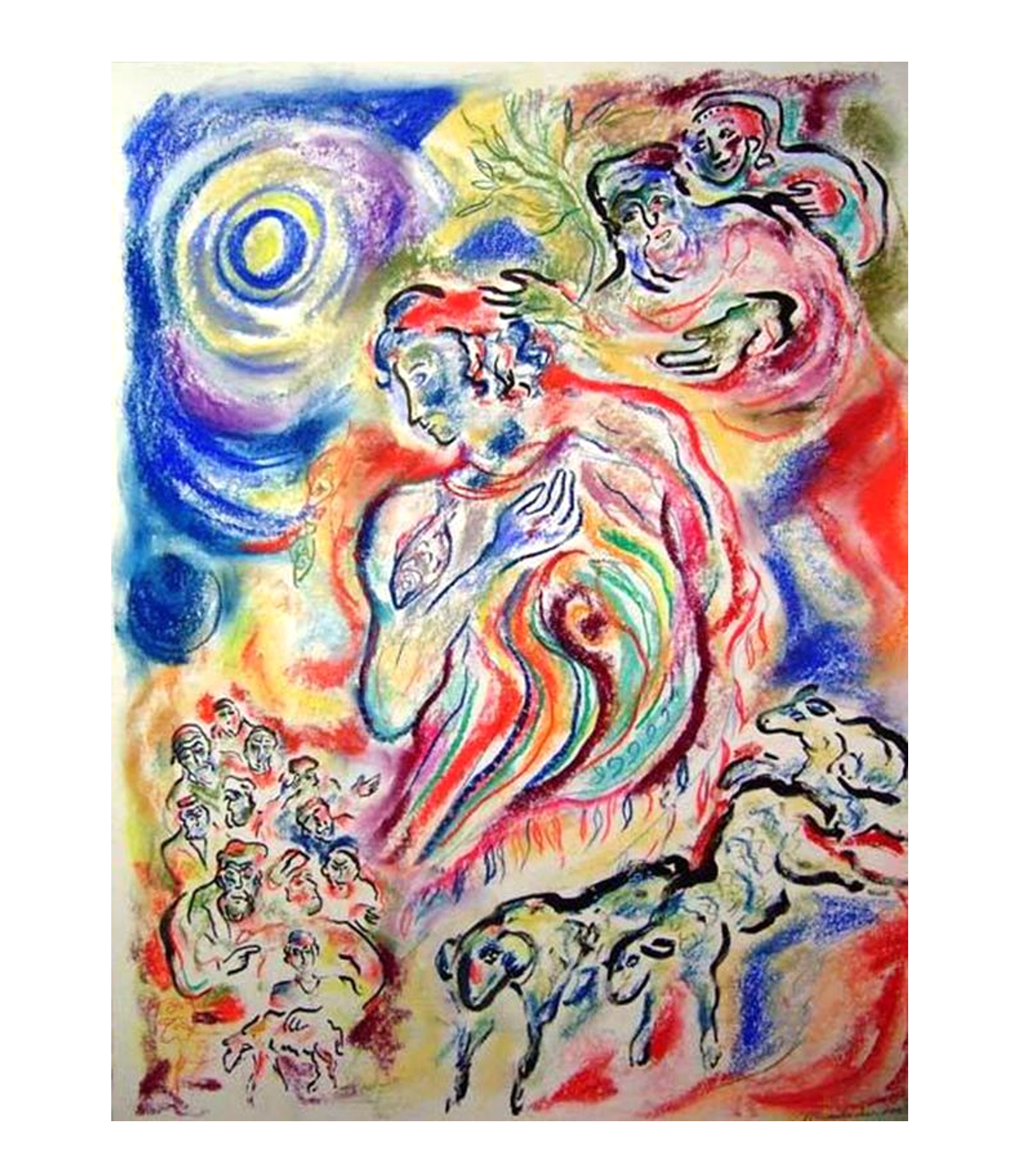
Pharaoh’s Dream and Joseph’s Rise
Scripture: Genesis 41:1-36, selected verses (NRSVue)
This week’s portion of the Joseph story is one of the great reversals in all of Scripture. It’s been a week for us since Joseph was forgotten in prison, but for Joseph it has been two whole years that he had been forgotten. He’s thirty years old now. That means it has been thirteen years since he was sold into slavery by his brothers. Joseph’s misfortunes both begin and end with dreams. Through Pharaoh’s dreams and the cupbearer finally remembering Joseph, we have a twist in the plot line. There are no such things as coincidences in the Joseph story—the unseen hand of God is ever working, even though bad decisions. Joseph, the one forgotten, is now remembered. He has moved from favored and hated son to second in command slave, to second in command prisoner, to now second in command over all of Egypt. The stage is now set for his brothers to come to Joseph. Joseph has been teaching us many lessons: how to wait when control is out of our hands, how to win respect of authorities, how to interpret dreams, and how to be diligent in prayer and preparing.
September 10, 2023 —
– Alternative Worship Service Bulletin (click)
– Traditional Worship Service Bulletin (click)
Sermon Art: Page from “Genesis”, Koberger Bible, Nuremberg, 1483; verso: colored woodcut illustrating Pharaoh’s dream of the seven kine, artmuseum.princeton.edu
All of Immanuel’s Worship Service Videos are available on our YouTube Channel.
All of Immanuel’s Sermons are available in our Library of Sermons.
Bible Study Questions:
- Joseph had to wait another two years before the cupbearer remembered Joseph. What do you think was Joseph’s secret to such patience, after having already waited eleven years to be free?
- Joseph shared his duplicate dreams with his family when he was a teenager. Pharaoh himself had a duplicate dream that spoke of one meaning. Do you think Pharaoh’s double dreams helped Joseph remember his double dreams of greatness dreamt so long ago?
- Read Pharaoh’s dreams again and imagine you are Joseph. How would you interpret them?
- The number seven is a symbol for completion, fullness, and totality. How does this apply to the content of Pharaoh’s dreams?
- Joseph receives a new set of clothing two times in this chapter, totaling five times that he undergoes a change of clothing. What do you think this clothing theme means? How are his clothes given by Pharaoh similar to the first garment he received from his father Jacob?
- The cupbearer said, “I remember my faults today.” Why is it hard to fess up when we were in the wrong? How is it healthy for us to do this?
- In what ways does Joseph keep pointing back to God in his discussion with Pharaoh?
- Joseph not only interprets the dream but he presents on the fly a blueprint for surviving the seven-year famine. What leadership traits does this action demonstrate?
- Think through Joseph’s life so far: in how many situations has he risen to second in command? What does this speak about his character?
- How does Joseph use the power entrusted to him?
- By the end of the story Joseph has become totally Egyptianized. Do you think he has retained his Jewish identity through all of these changes? How can we keep our Christian identity in a society that is not always conducive to our Judeo-Christian faith?


